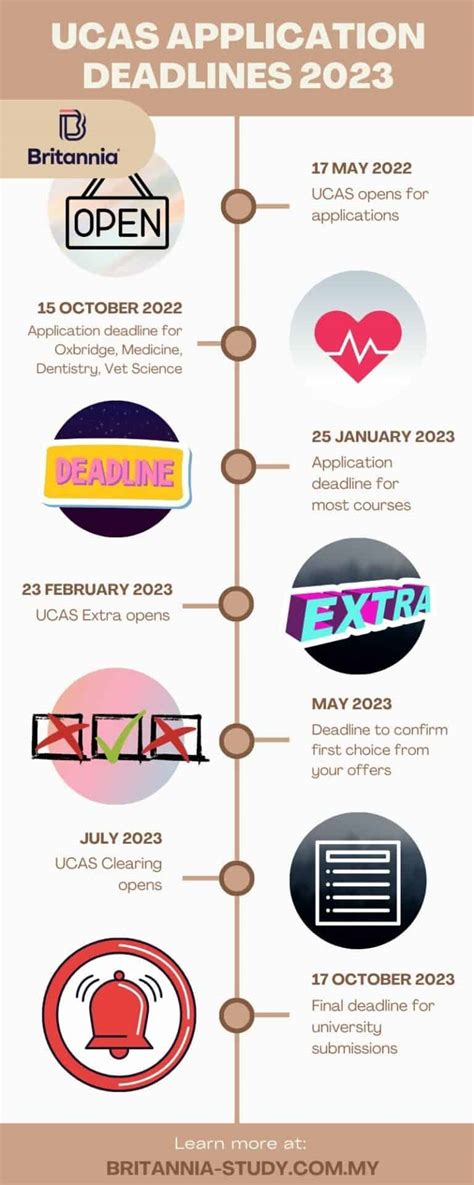The excitement of applying to the National Science Foundation's (NSF) Research Experiences for Undergraduates (REU) program is building up! As an eager student, you're probably wondering when the REU application dates open. The answer is not straightforward, as the application dates vary depending on the specific REU site and the NSF program. In this article, we'll break down the typical REU application timeline, provide tips on how to stay informed, and offer advice on how to increase your chances of getting accepted.
Understanding the REU Application Process
Before we dive into the application dates, let's quickly review the REU application process. The REU program is a prestigious research opportunity that allows undergraduate students to conduct research in various STEM fields under the guidance of experienced faculty mentors. The program is funded by the NSF and is typically offered during the summer months.
When Do REU Application Dates Open?
The REU application dates usually open in the fall semester, around September or October, and close in the winter or early spring, around January or February. However, this timeline can vary significantly depending on the specific REU site and the NSF program.
Some REU sites may open their applications as early as August, while others may not open until November or December. Additionally, some sites may have rolling admissions, where applications are reviewed on a first-come, first-served basis, while others may have a fixed deadline.

How to Stay Informed About REU Application Dates
To stay informed about REU application dates, follow these tips:
- Check the NSF website: The NSF website is the primary source of information for REU application dates. Visit the NSF website regularly to check for updates on REU application deadlines.
- Search for REU sites: Look for REU sites that align with your research interests and academic goals. Check their websites for application deadlines and requirements.
- Sign up for email newsletters: Many REU sites offer email newsletters that provide updates on application deadlines, program requirements, and other important information.
- Follow social media: Follow REU sites and NSF programs on social media to stay informed about application deadlines and other program updates.
Tips for Increasing Your Chances of Getting Accepted
While the REU application process can be competitive, there are several strategies you can use to increase your chances of getting accepted:
- Start early: Begin researching REU sites and preparing your application materials well in advance of the deadline.
- Tailor your application: Customize your application to each REU site, highlighting your relevant skills, experience, and research interests.
- Get strong letters of recommendation: Ask faculty mentors or research supervisors who know you well to write strong letters of recommendation.
- Prepare a strong personal statement: Write a clear, concise, and compelling personal statement that outlines your research interests, goals, and motivations.
By following these tips and staying informed about REU application dates, you can increase your chances of getting accepted into a prestigious REU program.
REU Application Requirements
While the specific requirements may vary depending on the REU site, most programs require the following application materials:
- Personal statement: A 1-2 page statement outlining your research interests, goals, and motivations.
- Resume or CV: A concise and up-to-date resume or CV that highlights your relevant skills, experience, and education.
- Transcripts: Official or unofficial transcripts that demonstrate your academic performance and preparation for the REU program.
- Letters of recommendation: 1-2 letters of recommendation from faculty mentors or research supervisors who know you well.

REU Application Deadlines
As mentioned earlier, REU application deadlines vary depending on the specific REU site and NSF program. However, here are some general guidelines on what to expect:
- Fall semester: Many REU sites open their applications in the fall semester, around September or October.
- Winter or early spring: Most REU sites close their applications in the winter or early spring, around January or February.
- Rolling admissions: Some REU sites may have rolling admissions, where applications are reviewed on a first-come, first-served basis.
REU Application Timeline
Here's a general outline of the REU application timeline:
- September-October: REU sites open their applications.
- October-November: Students research REU sites and prepare application materials.
- November-December: Students submit their applications.
- January-February: REU sites review applications and make acceptance decisions.
- March-April: Students receive acceptance notifications and make decisions about which REU program to attend.

Conclusion
The REU application process can be complex and competitive, but by staying informed about application dates, tailoring your application, and preparing strong application materials, you can increase your chances of getting accepted. Remember to start early, research REU sites thoroughly, and follow the tips outlined in this article to make your application stand out.
Gallery of REU Application Images





FAQ Section
What is the REU program?
+The REU program is a prestigious research opportunity that allows undergraduate students to conduct research in various STEM fields under the guidance of experienced faculty mentors.
How do I apply to the REU program?
+To apply to the REU program, you'll need to submit an application that includes a personal statement, resume or CV, transcripts, and letters of recommendation.
What are the REU application deadlines?
+REU application deadlines vary depending on the specific REU site and NSF program, but most applications open in the fall semester and close in the winter or early spring.
